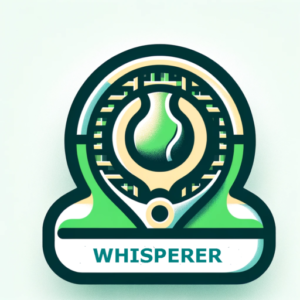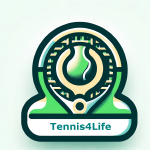The U-Bend Advantage: Your Best Tennis Years May Still Be Ahead
It’s True: Your Best Tennis Years May Still Be Ahead
The Economist article “The U-Bend of Life” presents a powerful insight that beautifully echoes the Tennis for Life philosophy—one centered on long-term growth, mental resilience, and finding joy in every stage of your tennis journey.
The U-Bend: What It Means for Tennis Players
At the core of the article is the idea of a U-shaped life satisfaction curve. According to large-scale studies like the General Social Survey (USA), Eurobarometer (Europe), and the Gallup World Poll, people report high happiness in youth, a decline through midlife (with a low point around age 46), and then—surprisingly—a rise in happiness in older age.
Even as energy, sharpness, and appearance naturally decline, happiness tends to increase. Why? It’s not about having more money, fewer responsibilities, or grown-up kids. Researchers found that internal psychological shifts—like improved emotional regulation and conflict resolution—play the biggest role.
How This Applies on Court
This mirrors what many seasoned tennis players discover over time. While younger players may rely on physical dominance and raw energy, experienced players learn to:
-
Play smarter, not just harder
-
Stay emotionally balanced under pressure
-
Maintain better focus and presence
-
Develop strong routines and rituals
These are the traits that often separate good players from great ones—especially later in life.
Science-Backed Benefits of Positivity
The article also highlights physical and mental benefits tied to happiness:
-
John Weinman (King’s College London) showed that happier people heal faster.
-
Sheldon Cohen (Carnegie Mellon) found they’re less likely to get sick.
-
Economists David Blanchflower and Andrew Oswald discovered that people exposed to something uplifting—like a funny video—boosted performance by 12% on mental tasks.
That kind of data supports what many coaches have known intuitively: a positive, resilient mindset enhances both performance and recovery.
Your Best Tennis Might Still Be Ahead
So whether you’re in your 30s, 50s, or 70s, the takeaway is both hopeful and practical:
You have the power to keep improving—not just physically, but mentally and emotionally—and that’s what will keep your game strong.
From the baseline to the net, and from the early years to the golden ones, tennis is a lifelong pursuit. And if the U-bend holds true, the best part might be just around the corner.

U-Bend Scale



